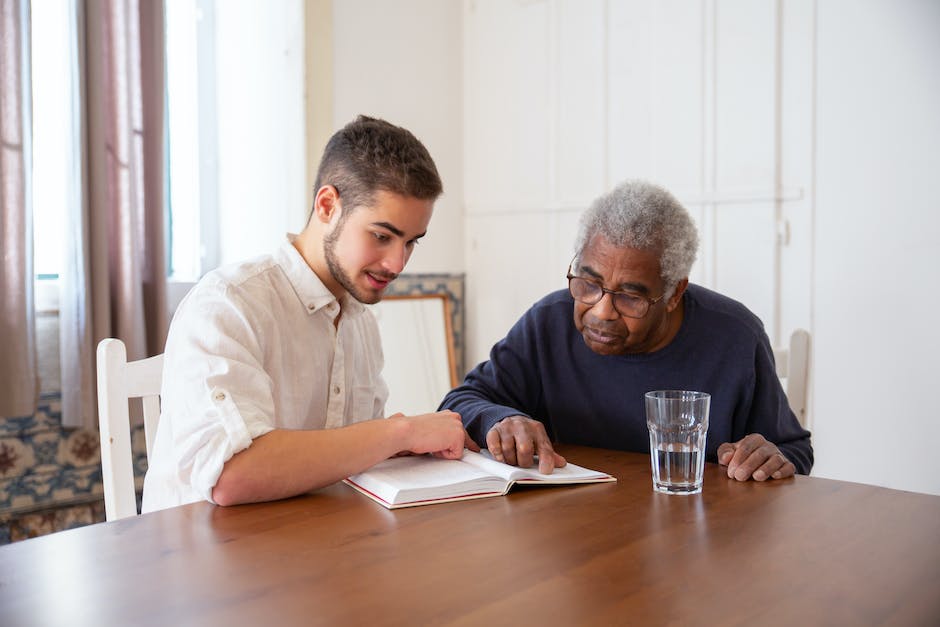Introduction
Effective communication plays a vital role in fostering healthy and meaningful relationships. Whether in personal or professional settings, the way we communicate can deeply impact our connections with others. A mastery of the art of communication not only helps us express our thoughts and feelings clearly, but also allows us to understand and empathize with others. In this article, we will explore psychological insights and techniques that can enhance our communication skills, leading to better relationships with those around us.
The Power of Active Listening
One of the fundamental pillars of effective communication is active listening. To truly understand and connect with others, we must learn to give our undivided attention, demonstrating genuine interest in what they have to say. Active listening involves not only hearing the words being spoken, but also paying attention to non-verbal cues such as body language and facial expressions. By doing so, we demonstrate respect and validation towards the speaker, fostering trust and strengthening our bonds.
Non-Verbal Communication and Body Language
Beyond words, non-verbal communication and body language play a significant role in conveying our thoughts and emotions. Facial expressions, gestures, and posture can express more than mere words ever could. For instance, an open posture and a warm smile convey approachability and receptiveness. Conversely, crossed arms and a frown may indicate defensiveness or disagreement. Being aware of our own body language and interpreting others’ non-verbal cues can help us better gauge the true meaning behind the words being spoken.
Effective Questioning Techniques
Asking the right questions is another crucial aspect of effective communication. By posing thoughtful and open-ended questions, we invite others to share more about themselves, their experiences, and perspectives. This not only enriches the conversation but also demonstrates our genuine interest in their thoughts and feelings. Additionally, using clarifying questions allows us to gain a clearer understanding of the message being conveyed, preventing misunderstandings and misinterpretations.
Empathy: Putting Yourself in Others’ Shoes
Empathy is the ability to understand and share the feelings of others, and it plays a central role in effective communication. By actively empathizing with others, we create an atmosphere of compassion and mutual understanding. Empathy involves acknowledging and validating the emotions and experiences of those we engage with. By doing so, we foster trust and strengthen our relationships by demonstrating our willingness to connect on a deeply emotional level.
Developing Emotional Intelligence
Emotional intelligence is the ability to recognize and manage our own emotions while understanding and effectively responding to others’. It involves being aware of our emotions, identifying triggers, and responding in a constructive and empathetic manner. Emotional intelligence helps us navigate difficult conversations and resolve conflicts more effectively, leading to stronger and healthier relationships.
Constructive Feedback and Conflict Resolution
Giving and receiving feedback is an essential component of effective communication and growth within relationships. Constructive feedback involves expressing observations or concerns in a non-judgmental and respectful manner, focusing on specific behaviors and their impact. By providing constructive feedback, we help others understand how their actions affect us, fostering personal growth and positive change.
Inevitably, conflicts arise in any relationship. Effective communication skills aid in resolving conflicts by creating an open and safe space for dialogue. Reflective listening, expressing emotions assertively and respectfully, and seeking compromise are vital tools for conflict resolution. By addressing conflicts head-on and striving for understanding, we create opportunities for personal and relational growth.
Conclusion
Mastering the art of effective communication is both an ongoing process and a powerful resource for fostering better relationships. By actively listening, utilizing non-verbal cues, asking thoughtful questions, and practicing empathy and emotional intelligence, we can enhance our connections with others. Through open and constructive communication, conflicts can be resolved, and relationships can thrive. Remember, effective communication is a skill that can be honed, bringing us closer to creating meaningful and fulfilling relationships in both our personal and professional lives.


Leave a Reply